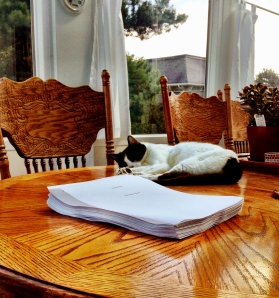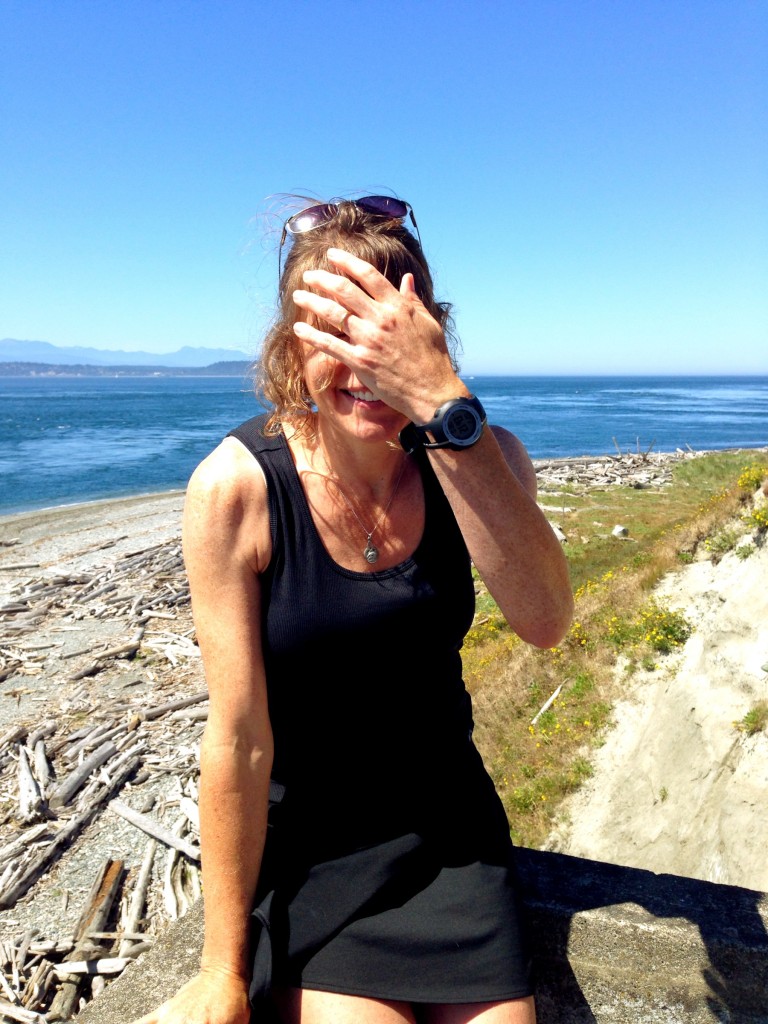I just clicked Send. My final edit deadline is tomorrow. I made it. It's gone, for better or for worse. The Novel is gone. It is in the hands of an editing team who will clean up my commas and semi-colons and whip the manuscript into shape à la The Chicago Manual of Style. I can do no more.
The next time I see In Another Life, in a month or so, it will be in galley proof form. I'll be allowed to make only line edits or proofreading corrections. The story is what it will be today, tomorrow, and a year from now, on Publication Day.
I entered the editor-writer conversation and exchange process with a focused humbleness. Knowing I had so much to learn about this part of the publishing journey, I expected the story to be challenged and questioned, coaxed and tamed. What I didn't expect—not at this late stage—is that I would be my harshest critic. Even after the revisions were complete and the story set, each read-through brought more changes to language, tone, rhythm. It's not just that I felt the story and writing improve with each draft; I felt the writer and storyteller improve.
And so I think about a year from now, how it will feel to release this novel when I will no longer be the same writer. I'm certainly not the same writer who began In Another Life on a July day in 2012.
A sense of writer's remorse sits heavy on my soul. I should have read it through one more time. There will be something, I know, something critical I have missed—just as there has been on each pass—a better way to construct a phrase, a scene, a novel.
But I have to let that go, don't I? This is part of the process—accepting that what's published today might not be what you would write tomorrow. In Another Life is my apprenticeship and my act of faith. It taught me many things about the writing process, lessons I hope never to relearn: don't write without some sort of a plan; don't write more than a handful of scenes out of sequence; don't share your work too early; don't listen to that inner critic telling you to hang it up and go home.
Do listen to the voice that says, Keep Writing. The story will sort itself out in time.
And now a year looms. A year to worry that no one will ever read the thing. A year to worry that they will. A year to plan blog tours and blurbs and fret about that damn launch party.
A year to revise the second novel and pray that it sells, and to finish the third. The fourth is already wrapping tiny, thin tendrils of idea around my brain . . .
Speaking of marketing and promotion, here's my new website: Julie Christine Johnson Don't judge. I created the site just yesterday. Not much there, I know. It'll get fleshed it out in time, probably go through a template change or three. But for now, I've snagged my domain name and a fresh, clean canvas to paint.
You guys. I wrote a novel. It's going to be published. That's just silly.
“If you have any young friends who aspire to become writers, the second greatest favor you can do them is to present them with copies of The Elements of Style. The first greatest, of course, is to shoot them now, while they’re happy.”
― Dorothy Parker


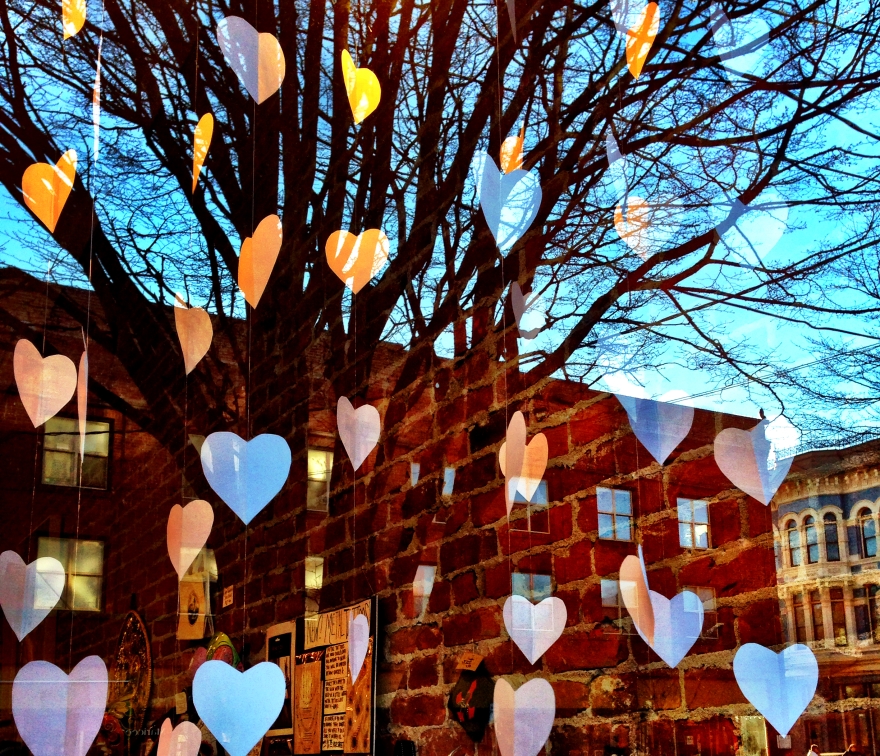

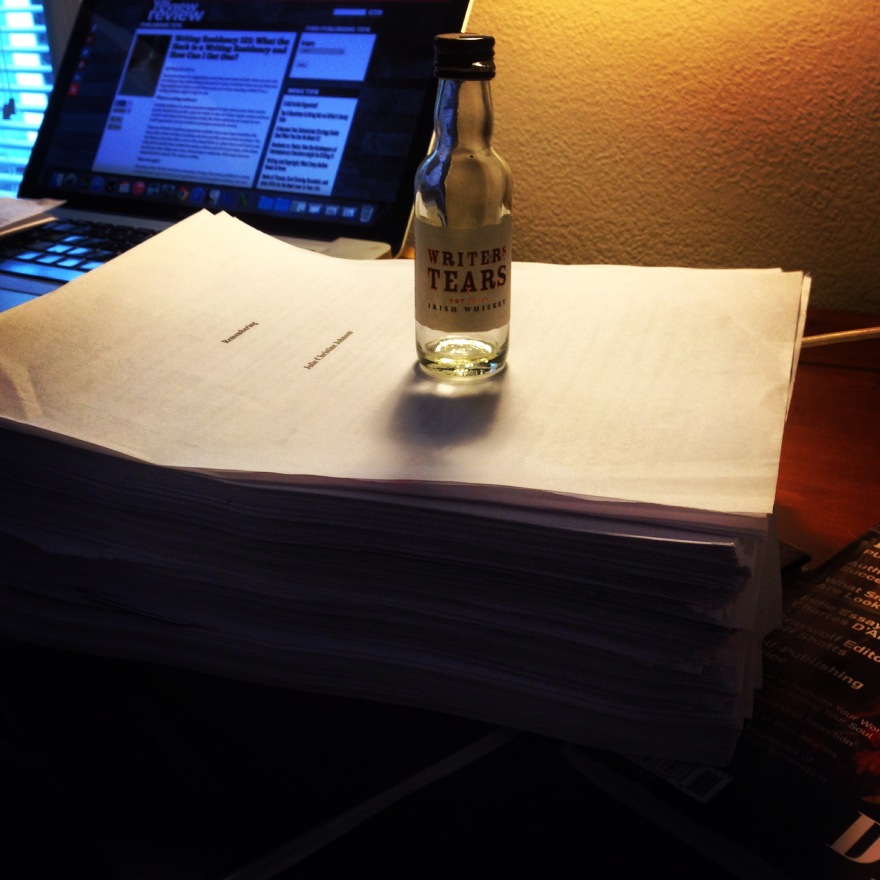



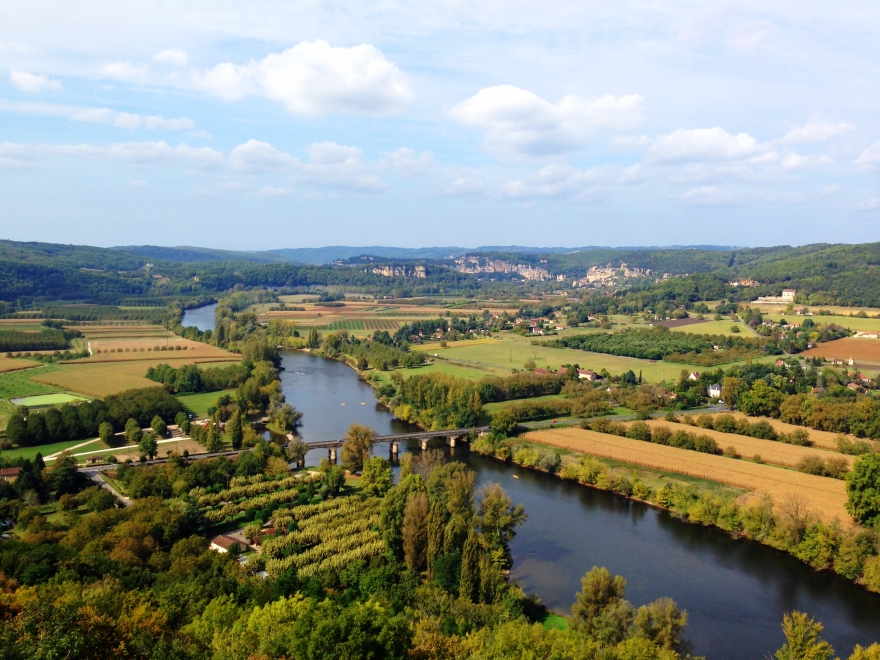

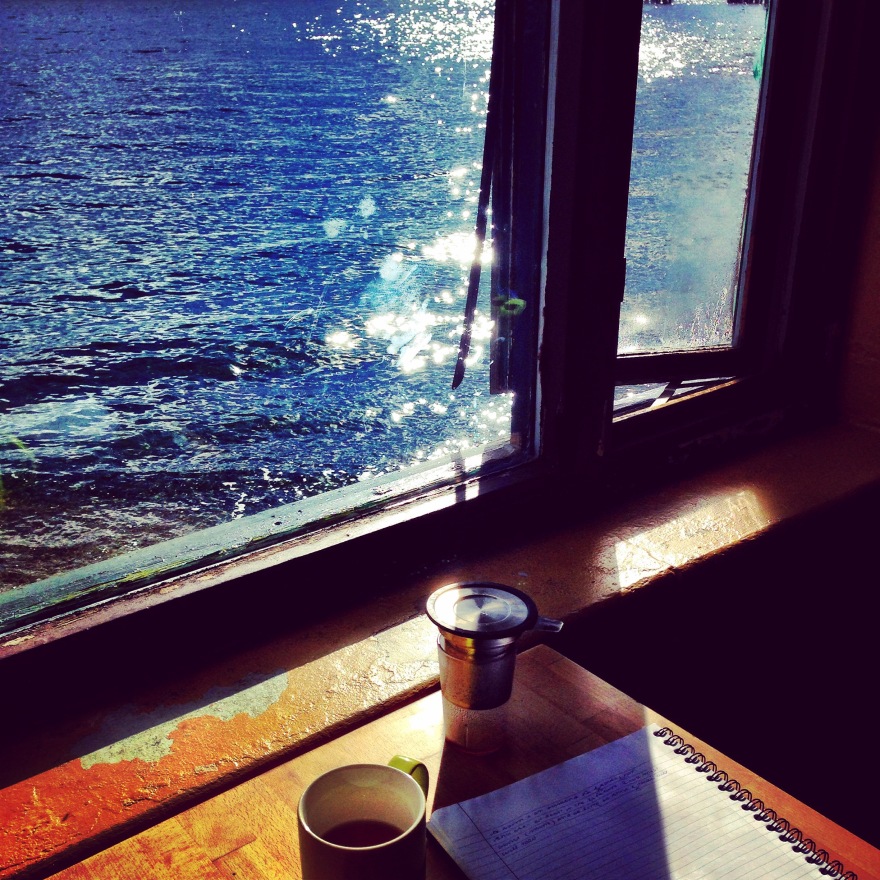

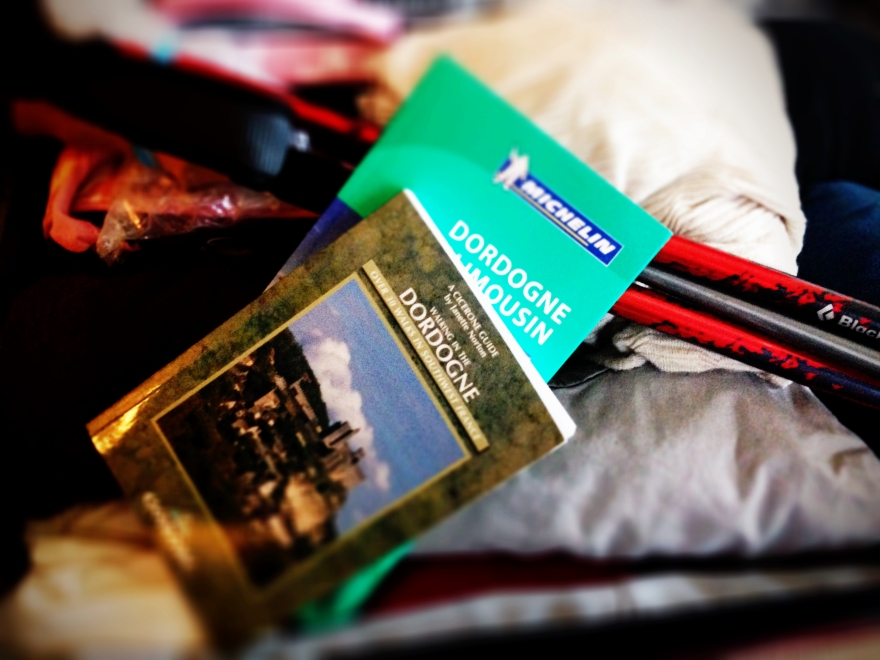
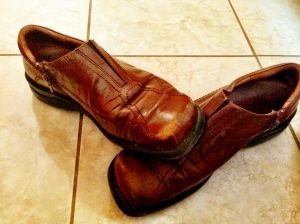
 The building collapsed in a heap of stone and brick and beams and dust in the February 2011 earthquake. These are my dressiest shoes and I reckon they’ll be around a while. But I don’t have a thing to wear with them.
The building collapsed in a heap of stone and brick and beams and dust in the February 2011 earthquake. These are my dressiest shoes and I reckon they’ll be around a while. But I don’t have a thing to wear with them.